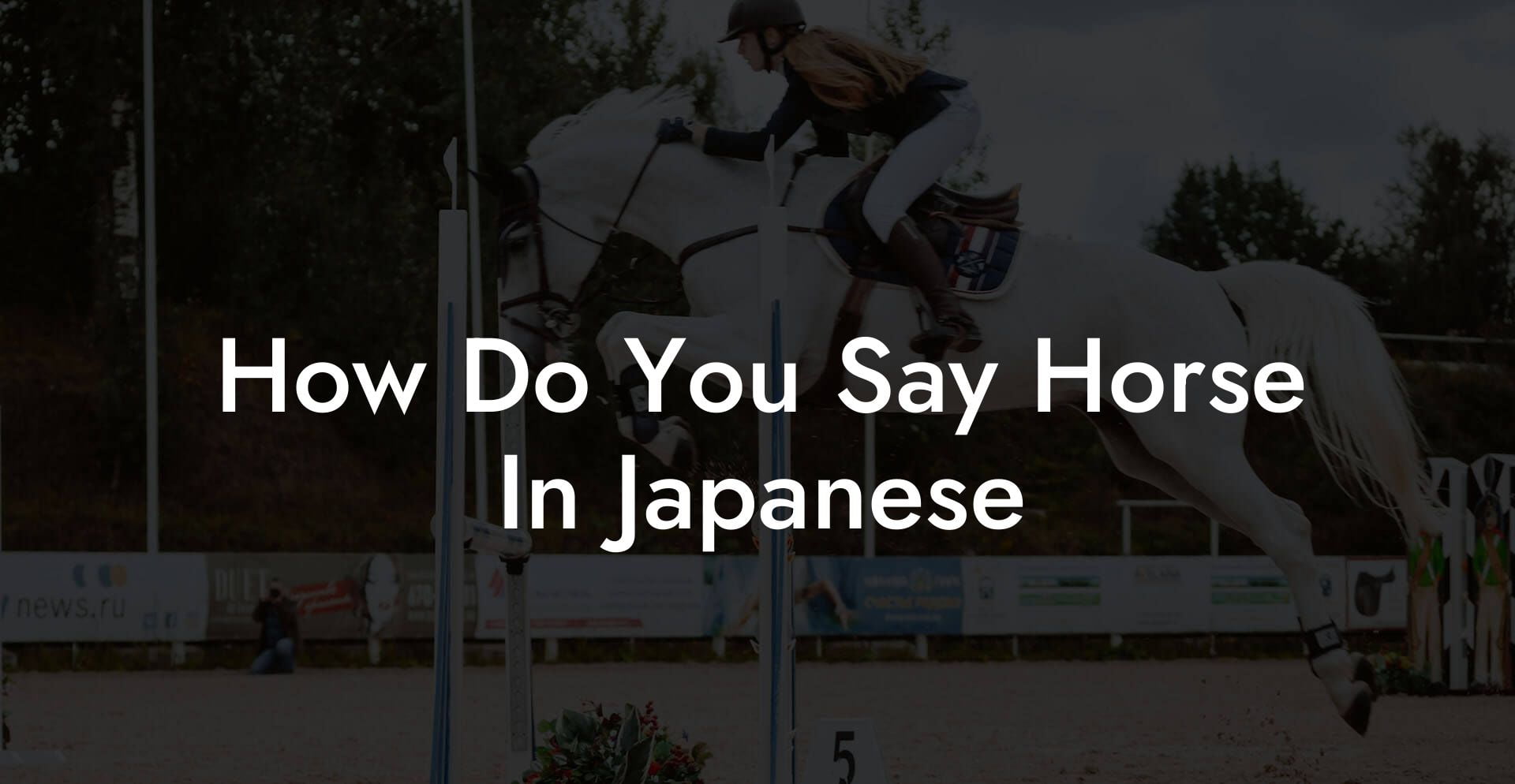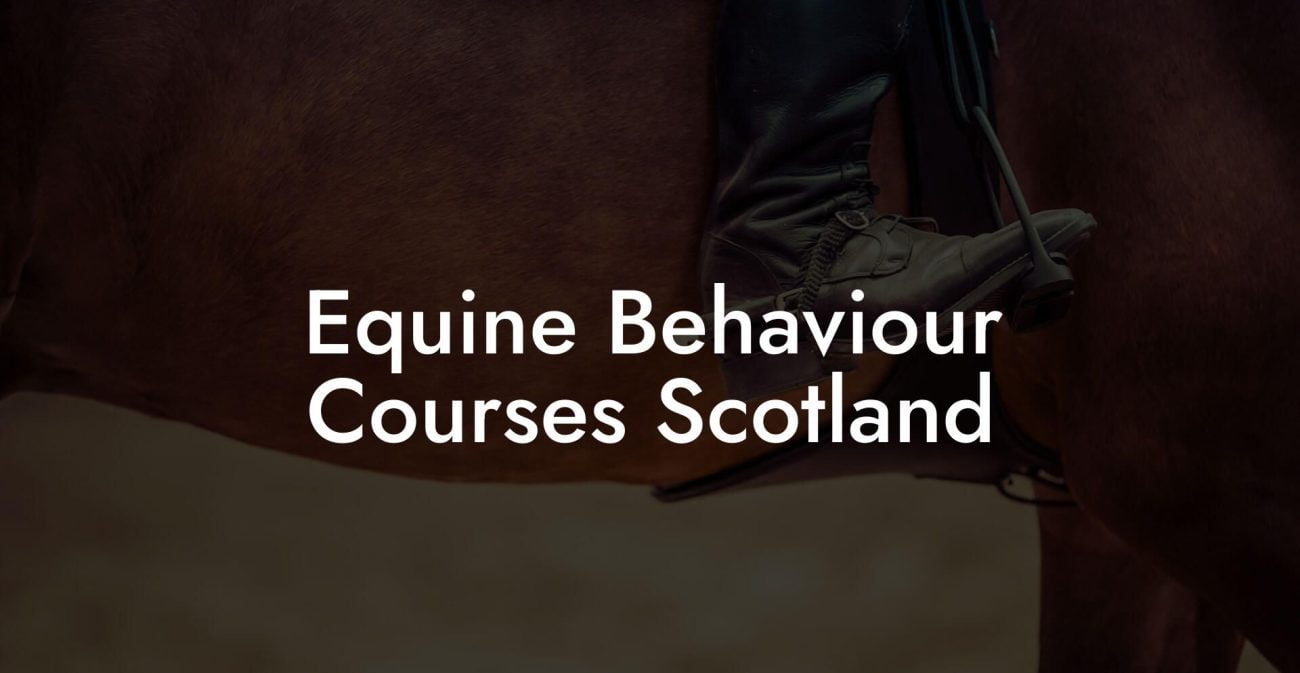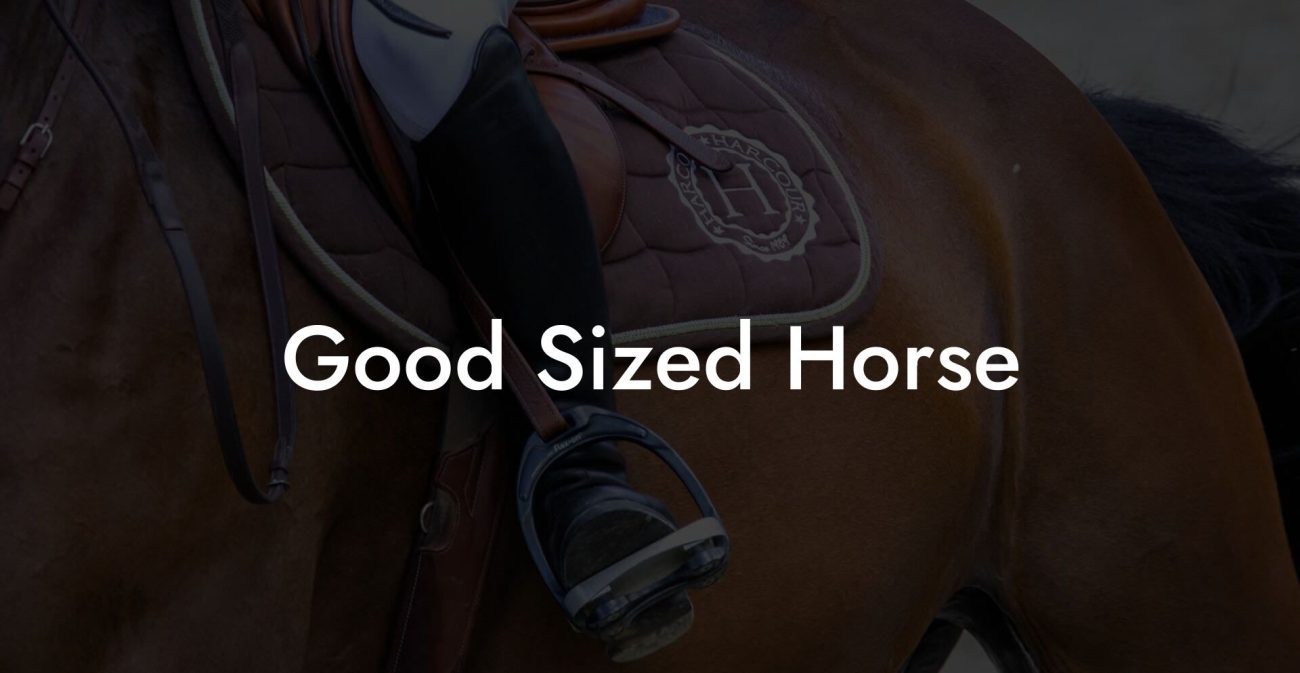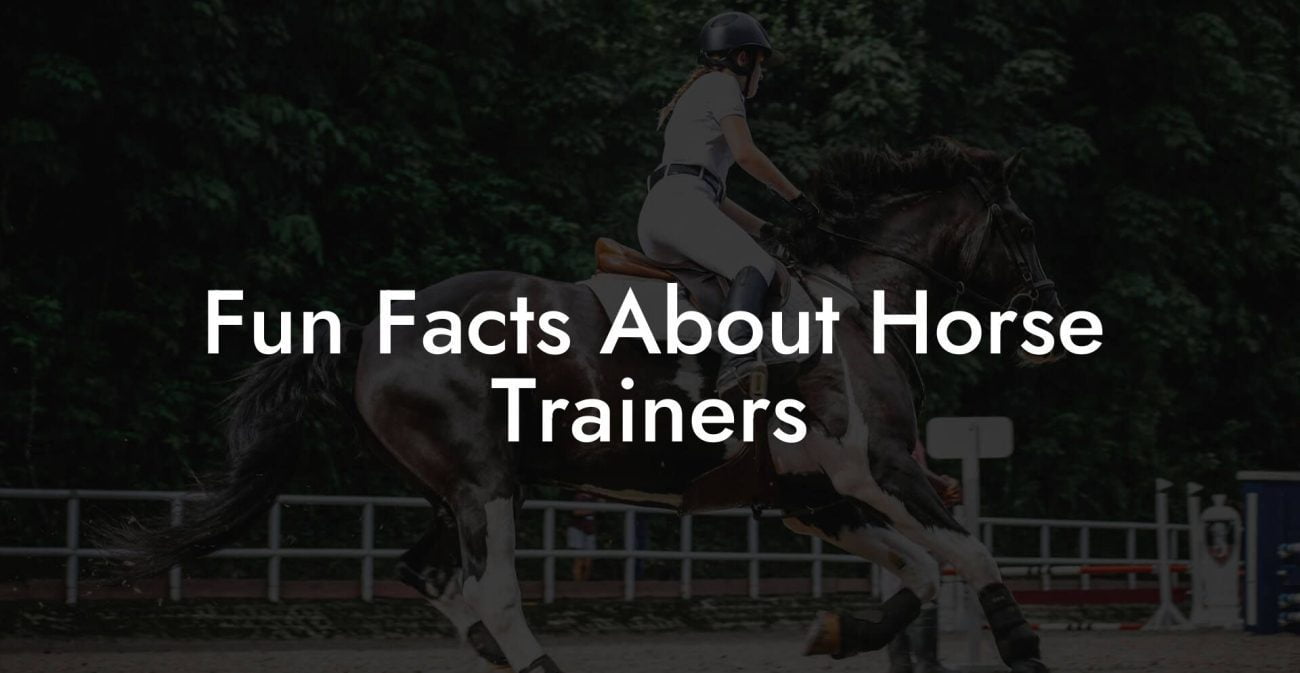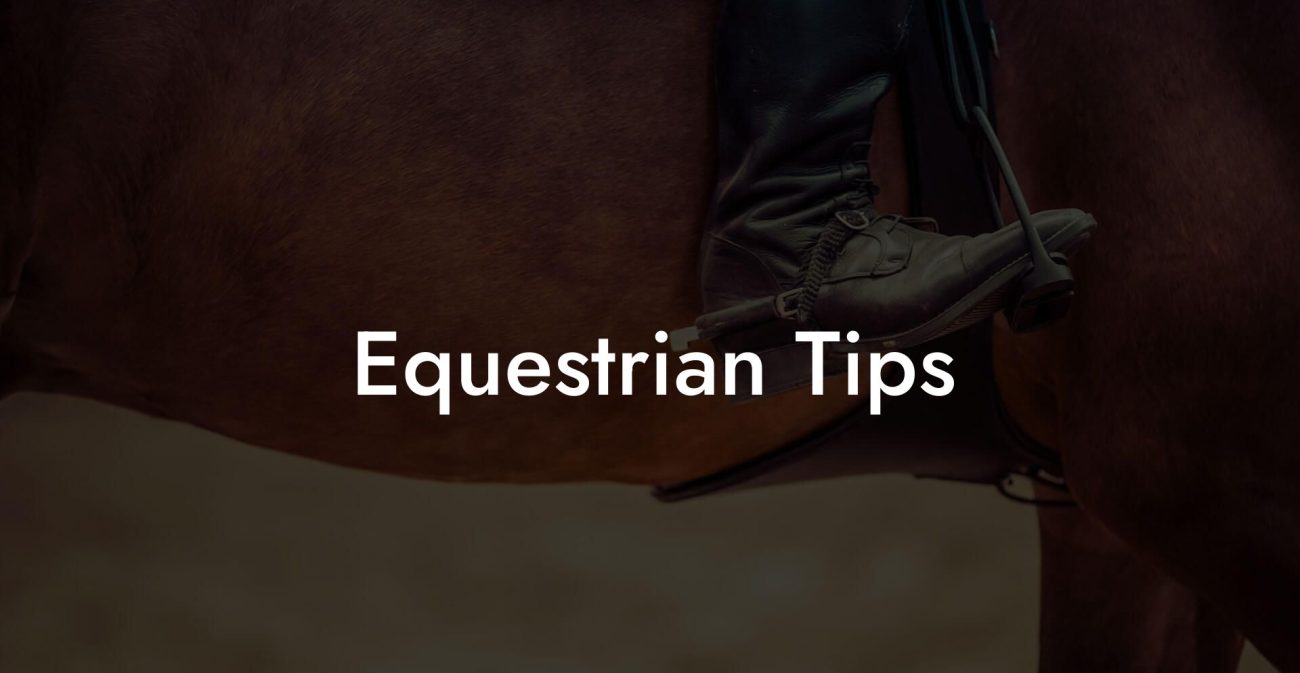Are you a horse enthusiast looking to expand your knowledge about these majestic creatures in different languages and cultures? In this article, we will explore the Japanese language and learn the interesting way it portrays the word "horse." Let's jump straight into this equestrian linguistic adventure!
How Do You Say Horse In Japanese Table of Contents
The Japanese Language: An Overview
Before we dive into the word for horse in Japanese, it's important to understand the basics of the language itself. Japanese is a unique language, using three writing systems – Kanji, Hiragana, and Katakana. Here's a quick rundown of these systems:
- Kanji: Kanji is a logographic writing system adopted from Chinese characters. There are thousands of characters in Kanji, each representing an idea or concept.
- Hiragana: Hiragana is a syllabary writing system primarily used for native Japanese words. It consists of 46 characters, each representing a syllable.
- Katakana: Katakana is also a syllabary writing system used for foreign-origin words and names, as well as emphasis or onomatopoeia. It has the same 46 characters as Hiragana, but with different forms.
Understanding these systems is essential to accurately translate and understand the Japanese language, including the sophisticated word for "horse."
The Word for 'Horse' in Japanese
In Japanese, the word for horse is "馬" (うま), pronounced as "uma." This character is written in Kanji and has a strong historical background in Japanese culture. Here's a closer look at its significance:
- History and Culture: Horses have been a part of Japanese culture for centuries, both for agricultural and military purposes. The Kanji character "馬" was adopted from Chinese representations, showcasing the importance of horses in both cultures.
- Variations: While "uma" is the most common term for a horse in Japanese, there are a few variations used in particular contexts. For example, "馬力" (ばりき) means horsepower, and the word for a racehorse is "競走馬" (きょうそうば). Additionally, the term "馬鹿" (ばか), which directly translates to "horse-deer," is an informal word for "fool" or "idiot" in Japanese.
How to Say Different Horse-Related Terms in Japanese
Now that you know the basic word for horse in Japanese, let's expand your vocabulary with some other horse-related terms:
1. Stallion – "牡馬" (おんば) pronounced as "onba"
2. Mare – "牝馬" (ひんば) pronounced as "hinba"
3. Foal – "子馬" (こうま) pronounced as "kouma"
4. Horse riding – "乗馬" (じょうば) pronounced as "jouba"
How Do You Say Horse In Japanese Example:
Imagine striking up a conversation with a passionate horse rider from Japan. Take a look at this realistic Japanese conversation:
You: 馬は好きですか? (Uma wa suki desu ka? - Do you like horses?)
Them: はい!大好きです! (Hai! Daisuki desu! - Yes! I love them!)
You: あなたは乗馬しますか? (Anata wa jouba shimasu ka? - Do you do horse riding?)
Them: はい、週末によく乗馬します。 (Hai, shuumatsu ni yoku jouba shimasu. - Yes, I often go horse riding on weekends.)
We hope you enjoyed learning about the Japanese language, culture, and the intriguing way to say "horse" in Japanese. Now, you can impress your Japanese friends or equestrian enthusiasts with your newfound linguistic skills. Share this linguistic adventure with your fellow horse lovers, and be sure to explore more articles on How to Own a Horse for more equestrian knowledge and insights.

